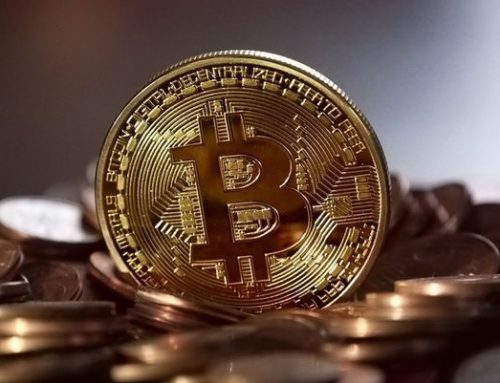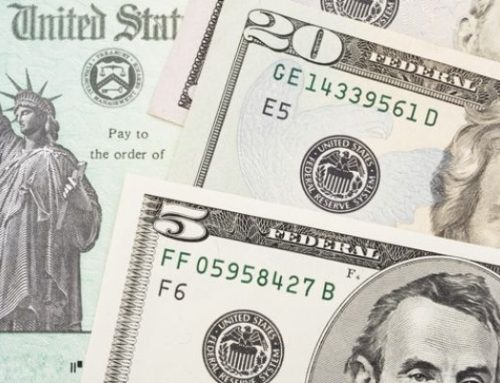The U.N. health agency on Tuesday recommended that countries use tax policy to increase the price of sugary drinks like sodas, sport drinks and even 100-percent fruit juices as a way to fight obesity, diabetes and tooth decay.
The World Health Organization, in a statement timed for World Obesity Day, said that the prevalence of obesity worldwide more than doubled between 1980 and 2014, when nearly 40 percent of people globally were overweight.
In a 36-page report on fiscal policy and diet, WHO also cited “strong evidence” that subsidies to reduce prices for fresh fruits and vegetables can help improve diets. It said that tax policies that lead to a 20-percent increase in the retail prices of sugary drinks would result in a proportional reduction in consumption.
Drawing on lessons from campaigns to fight tobacco use, WHO says imposing or increasing taxes on sugary drinks could help lower consumption of sugars, bringing health benefits and more income for governments such as to pay for health services. The health agency has long recommended that people keep intake of sugar to less than 10 percent of their total energy needs.
“Consumption of free sugars, including products like sugary drinks, is a major factor in the global increase of people suffering from obesity and diabetes,” says Dr. Douglas Bettcher, who heads WHO’s department for preventing non-communicable diseases. “If governments tax products like sugary drinks, they can reduce suffering and save lives.”
The World Health Organization receives funding from Bloomberg Philanthropies, which supports raising taxes on sugary drinks to reduce consumption.
The International Council of Beverages Associations, which represents Coke and Pepsi, said in a statement that it is disappointed that the “discriminatory taxation solely of certain beverages” is being proposed as a solution to the “very real and complex challenge of obesity.”
Read more here: http://cbsn.ws/2e1LAvB





